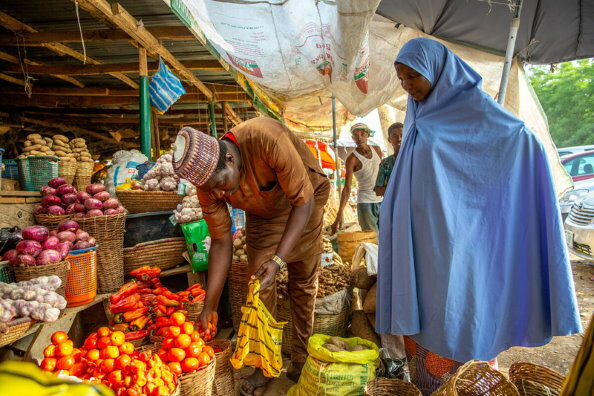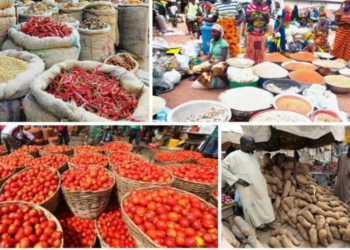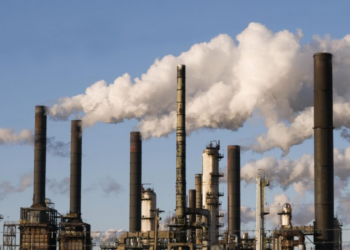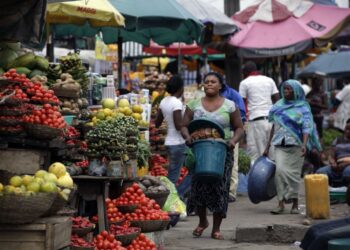Financial Economist, Dr Biodun Akinkunmi, has said that food prices will crash if insecurity in Nigeria’s Northern region is tackled effectively.
Stating this during an interview on Arise TV, yesterday, Dr Akinkunmi bemoaned that high food inflation is pushing headline inflation further up. Therefore, there is an urgent need for the incoming administration to address insecurity in the North so that farmers can return to their farms.
High food inflation: Food inflation in 2022 averaged 20.82% compared to the 12-month moving average of 20.49% recorded in the previous year.
Insecurity in the Northern part of the country has impacted farming communities, with many Nigerians being killed on their farmlands and communities being overrun by non-state actors.
According to UNICEF, Food access has been affected by persistent violence in the north-east states of Borno, Adamawa and Yobe, and armed banditry and kidnapping in Katsina, Sokoto, Kaduna, Benue and Niger states.
A different angle: Nairametrics had previously reported that data from Nairalytics revealed that food prices are one of the contributing factors to the country’s rising inflation rate. According to Nairametrics, Nigeria suffered a food supply crunch in 2022 as a result of floods. This has made food prices surge drastically, against the backdrop of destroyed farmlands and produce.
Priority for next administration: According to Dr Akinkunmi, the next president will need to have an elaborate plan to address the insecurity in the Northern region, so that food prices can crash and headline inflation can also crash. He said the presidential candidate of the People’s Democratic Party (PDP), Atiku Abubakar who once headed the country’s Economic Management Team as a Vice President was the only one capable of addressing challenges plaguing Nigeria’s economy.
He said Abubakar has recorded double-digit growth in the past as Vice President and he is capable of repeating the feat.
For the record: Nigerians who are food insecure also include highly vulnerable displaced populations and returnees who are already struggling to survive a large-scale humanitarian crisis in which 8.3 million people need assistance as of 2022.




















